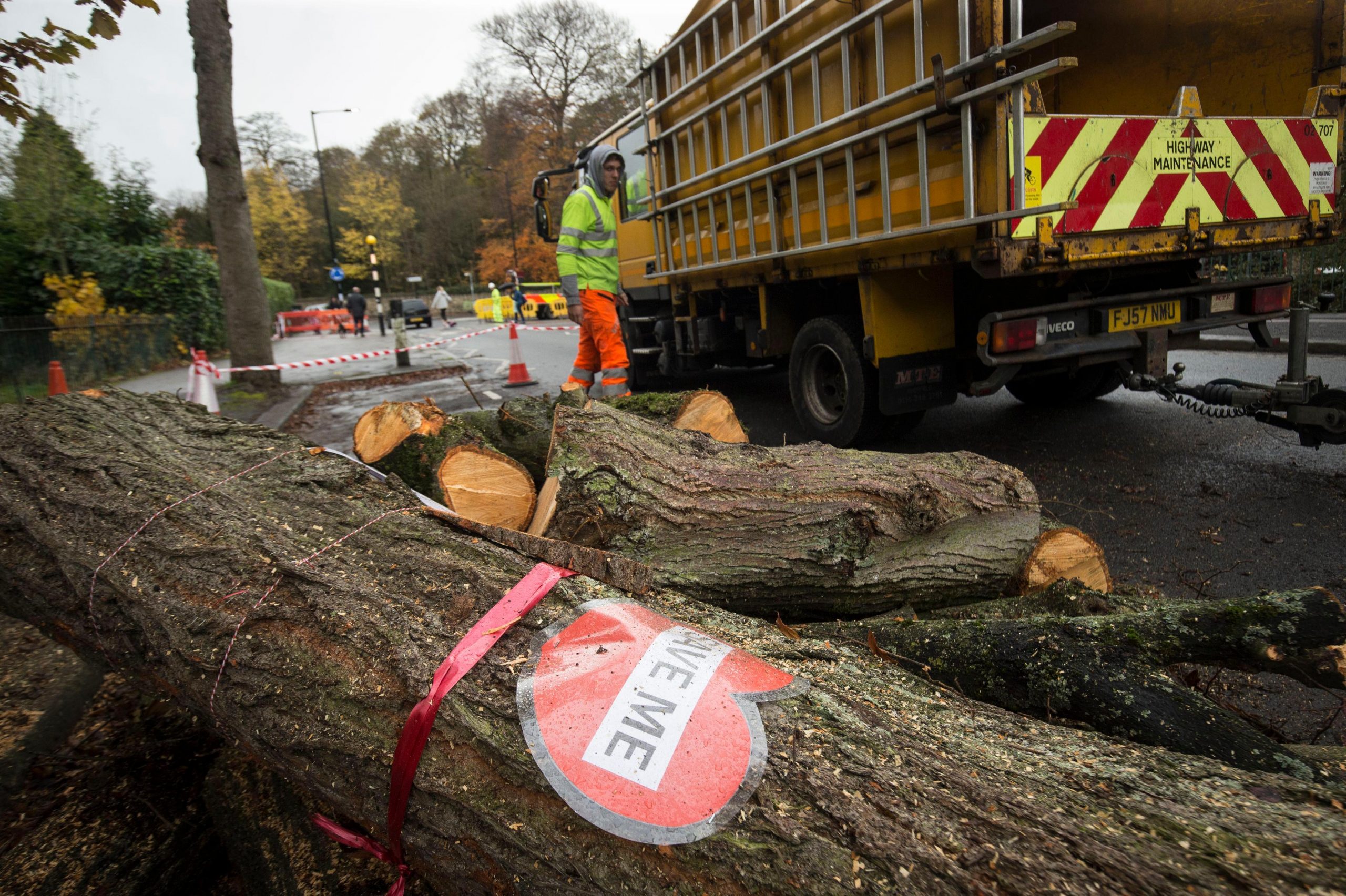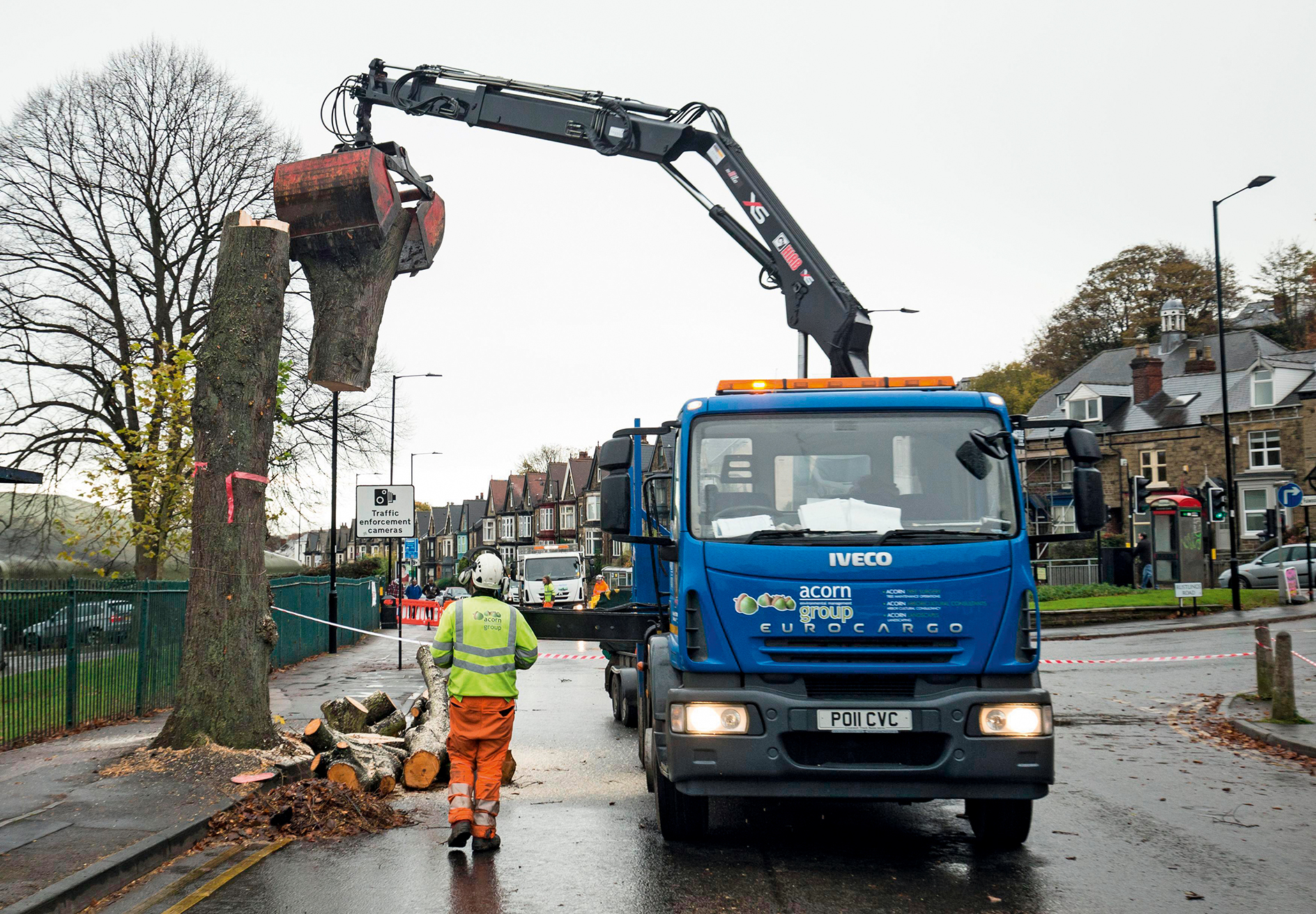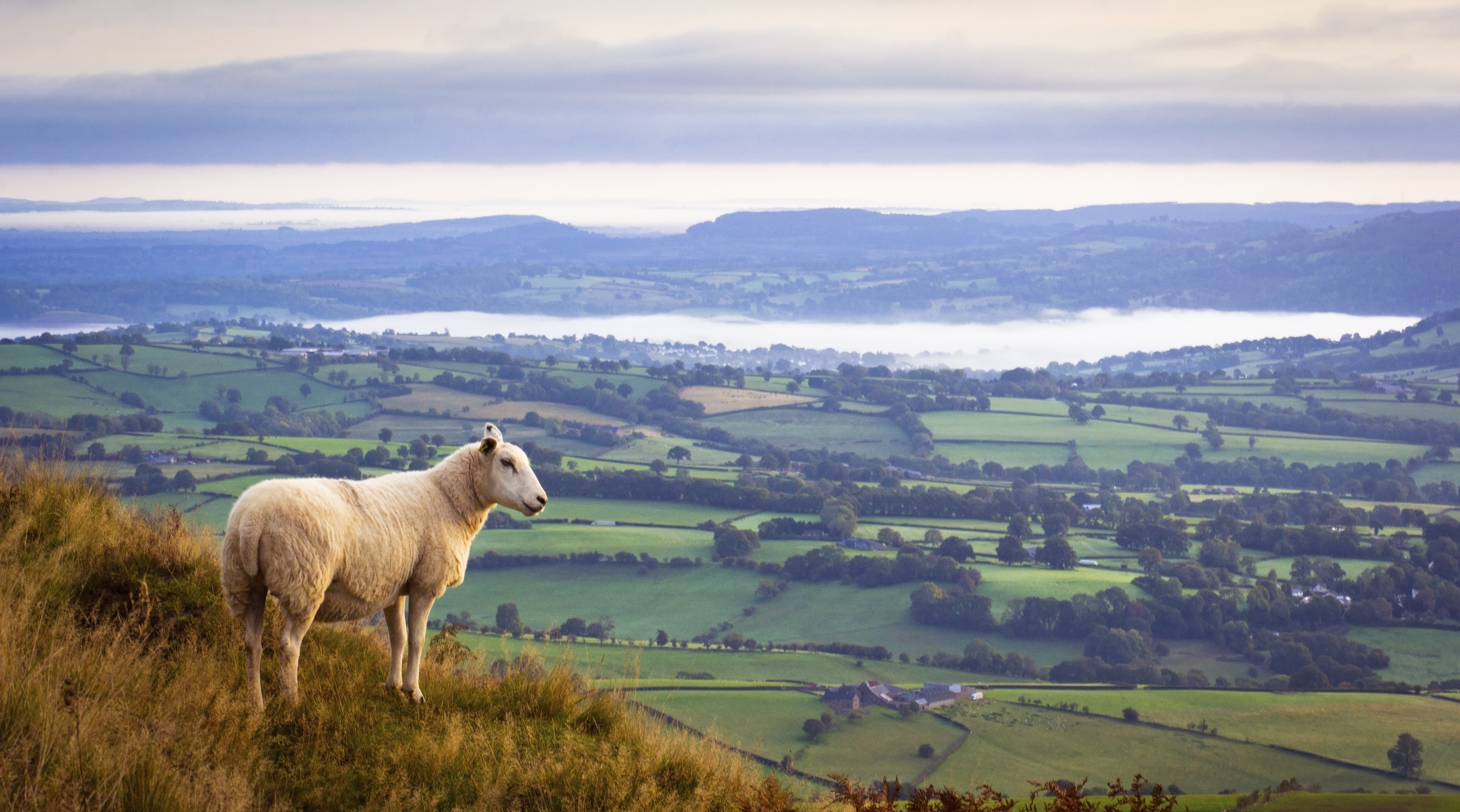The 'Sheffield Chainsaw Massacre' inquiry report: 227 pages of dishonesty and shocking behaviour
The destruction and removal of thousands of healthy trees in Sheffield sparked protests and recriminations that lasted years — and whose effects are still felt in the city. Will the publication of the independent inquiry's report put the controversy to bed? James Fisher reports.


The independent inquiry into the Sheffield ‘chainsaw massacre’ has found that councillors in the South Yorkshire city behaved dishonestly and destroyed public trust. In a 227-page report, Sir Mark Lowcock, inquiry chairman, found that the council’s behaviour around the incident, which began in 2012, ‘amounted to a serious and sustained failure of strategic leadership’. His report also concluded that the council ‘lacked transparency, and repeatedly said things that were economical with the truth, misleading and, in some cases, were ultimately exposed as dishonest’.
'The dispute was a dark episode in Sheffield,' Sir Mark writes in the report. People on both sides of the dispute suffered: 'Many recount illness, stress, mistrust and sacrifice,' the report adds in its section on 'Harms' caused by the events. 'Tempers flared, rude and confrontational encounters occurred. There were no more shared jokes or cups of tea. Protests became confrontational, noisy and crowded and the atmosphere febrile.'
The scandal began when Sheffield’s council signed a 25-year contract with infrastructure-support service provider Amey, which included the removal and replacement of 17,500 street trees. Public opposition against the felling grew and reached a climax in 2016, when campaigners and residents were arrested by South Yorkshire Police. Further arrests were made when eight trees were cut down at 4.30am. Two residents, Freda Brayshaw and Jenny Hockey, aged 71 and 70 respectively, were among those detained. Both were later released and charges dropped. Nick Clegg, who was then Sheffield Hallam MP, described the scenes as ‘something you’d see in Putin’s Russia’. Further disputes continued until 2020, when a ‘peace deal’ between Sheffield City Council and the protestors was struck.
The inquiry heard that, in 2018, councillors considered killing thousands of healthy trees to justify cutting them down. In emails published in the inquiry, councillors contemplated ‘ring barking’ trees to ‘defeat’ protestors. Ring barking is a method of killing healthy trees by removing the bark around the circumference of the trunk. ‘The tree is killed and dies over a number of months,’ the email said. ‘It would move all trees into the “dying” category and mean that STAG [Sheffield Trees Action Group] could no longer claim they were defending “healthy” trees.’
"Thousands of healthy and loved trees were lost. Many more could have been. Sheffield’s reputation was damaged. Public trust and confidence in the council was undermined."
Further statements reveal that the council misled the High Court, although Sir Mark added that perjury had not been committed. The council was also accused of putting pressure on South Yorkshire Police to continue arresting protestors, something the force wanted to stop doing because it was taking up too much time. The police came under criticism at the time for using an obscure clause in trade-union legislation to conduct arrests, which the police watchdog later ruled was wrongly applied.
Sir Mark concluded by writing: ‘The dispute did significant harm. Thousands of healthy and loved trees were lost. Many more could have been. Sheffield’s reputation was damaged. Public trust and confidence in the council was undermined. It has not been fully rebuilt.’
In a statement, Sheffield City Council said: ‘The council has already acknowledged that it got many things wrong in the handling of the street-trees dispute, and we wish to reiterate our previous apologies for our failings. We have taken huge steps already to ensure past mistakes are not repeated and we hope the release of this report will further help us to learn lessons as we move forward.’
Sign up for the Country Life Newsletter
Exquisite houses, the beauty of Nature, and how to get the most from your life, straight to your inbox.

The inquiry’s publication coincided with a new dispute in Plymouth, Devon, which saw 100 mature trees cut down last week, despite the opposition of residents. It was reported that the council cordoned off the trees in the centre of the city, sent in security guards and, under the cover of darkness, destroyed more than 100 trees with chainsaws.
A petition to save the trees, which line the Armada Walkway to the sea, had reached 16,000 signatures at time of going to press. In February, the council agreed to engage with the community about the trees, but the chainsaws moved in regardless. At 1am that night, Save the Trees of Armada Way (Straw) obtained an injunction and saved 15 trees.
‘We wrote to the city council and pointed out the parallels between what was going on here and in Sheffield,’ said Alison White of Straw.
‘But they said it was not a comparable situation. How is it not comparable? They have needlessly chopped down healthy mature trees. The people of Plymouth could not have made their views clearer that they were against this. It is a disgrace.’
Luke Pollard, Labour MP for Plymouth Sutton and Devonport, described the felling as a ‘scene of environmental devastation and utter council vandalism. I’m appalled at the actions of the Tory council. They have not listened to local people’.
Plymouth City Council said: ‘Contractors moved on to the site... to prepare for the Armada Way project... This work involved a plan to remove 129 trees, keep 24 existing trees and leave a further three trees that had been earmarked for removal, but had been identified as having birds nesting in them.
‘For reasons of public safety and impact on the city centre, and given the size of the tree machinery... we scheduled the works to be carried out at night.’ The council also added that, following the community-engagement programme, plans for the site would now include the planting of 169 semi-mature trees and a commitment to investigate further tree planting in the city centre.
Similar disputes are occurring in Northamptonshire, Haringey in London and elsewhere.

James Fisher is the Deputy Digital Editor of Country Life. He writes about property, travel, motoring and things that upset him. He lives in London.
-
 Minette Batters: 'It would be wrong to turn my back on the farming sector in its hour of need'
Minette Batters: 'It would be wrong to turn my back on the farming sector in its hour of need'Minette Batters explains why she's taken a job at Defra, and bemoans the closure of the Sustainable Farming Incentive.
By Minette Batters Published
-
 'This wild stretch of Chilean wasteland gives you what other National Parks cannot — a confounding sense of loneliness': One writer's odyssey to the end of the world
'This wild stretch of Chilean wasteland gives you what other National Parks cannot — a confounding sense of loneliness': One writer's odyssey to the end of the worldWhere else on Earth can you find more than 752,000 acres of splendid isolation? Words and pictures by Luke Abrahams.
By Luke Abrahams Published